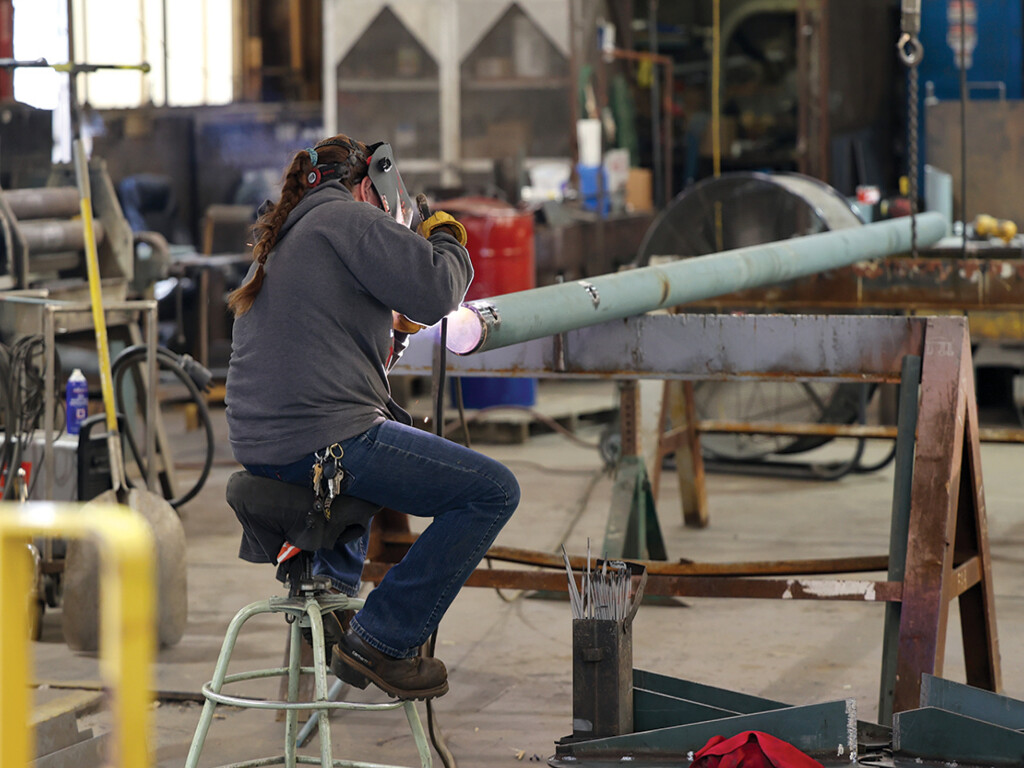Shipyards and other marine-related business handle a wide variety of jobs that require different forms of workers’ compensation coverage.
There are three main areas of injury coverage:
Jones Act: Also called the Merchant Seaman Act of 1920 it covers employees who are considered crewmembers on a company’s vessels. Seamen employed on vessels traveling from U.S. port to U.S. port are entitled to coverage under the Jones Act, with the coverage provided under the vessel’s protection and indemnity policy. Crew are covered for injury and illness while “in service to the ship” through the maintenance and cure portion of the coverage. Crew are also entitled to sue the ship or ship owner for unseaworthy or negligent conditions which they believe caused their injury. To be considered a crewmember, an employee must spend roughly a third of their time at work in service to the ship.
USL&H: Employees who work around docks, wharves or servicing a vessel fall under the U.S. Longshore and Harborworkers Act. Examples are stevedores, repair crew, crane operators or similar employees who service, load, or go on and off vessels but are not considered crewmembers. The two determining factors for USL&H are situs and status, both of which need to be met to be eligible for this coverage. To meet the situs test, the injury must have occurred while working on or near navigable waters. The status test is met by the work being done. Exclusions include office workers, aquaculture and boatbuilders who build recreational vessels under 65’. It is inexpensive to have this coverage added to a state workers’ compensation policy on an ‘if any’ basis. This provides a company with at least some defense coverage should a USL&H claim be filed against it.
State workers’ compensation: Office staff and other employees are covered under a company’s state workers’ compensation act. If a company has employees who work in other states besides the one where your business is located, then you need to list these as well. State workers’ compensation acts are no-fault laws which means they cover a claim as long as the employee’s accident occurred within the scope of their employment.




